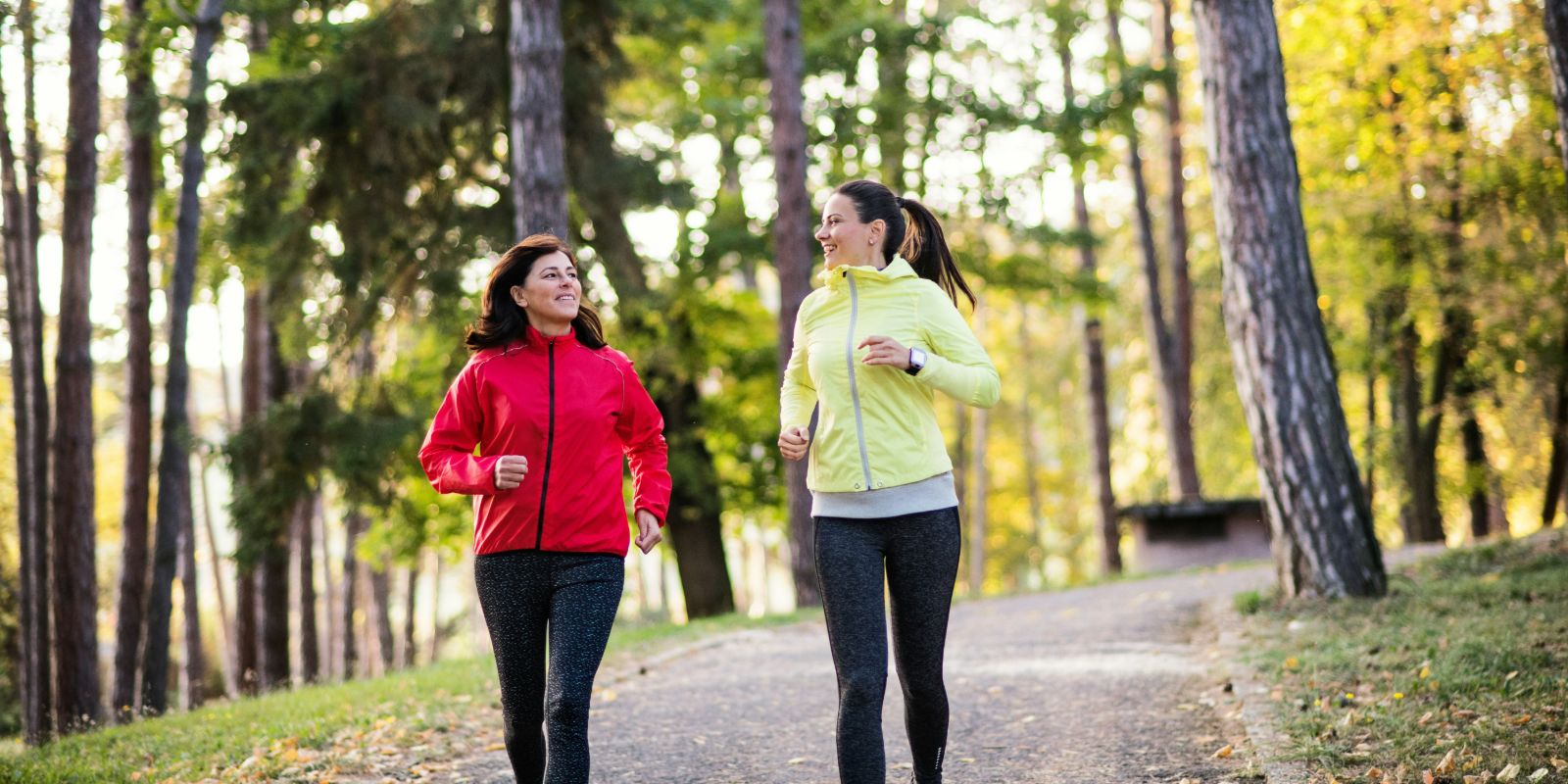When you are in a gap year, the world becomes your classroom, offering endless opportunities to learn, grow, and explore. It’s a time filled with adventure, self-discovery, and challenges that push you out of your comfort zone. In such a dynamic and unpredictable phase, prioritizing your health is essential. Staying healthy during your gap year helps you adapt to new environments, maintain your energy, and overcome the inevitable obstacles of travel. Your well-being plays a crucial role in shaping how fully you can embrace each moment and make the most of every experience. In this blog, we’ll share practical, easy-to-follow tips to help you discover how to stay healthy while traveling and make the most of your adventures.
9 Practical Ways to Stay Healthy During Your Gap Year Travels
Health is wealth, especially when you’re living your dream of exploring the world. These 9 tips will help you maintain your physical and mental well-being throughout your gap year adventures. By following them, you’ll learn how to stay healthy while traveling without feeling restricted or overwhelmed.
1. Stay Hydrated Wherever You Go
Proper hydration is essential for keeping your energy levels up and your body functioning at its best. Traveling often involves activities that can dehydrate you quickly, such as hiking, spending hours in the sun, or navigating airports and public transportation. Dehydration can lead to headaches, fatigue, and even more severe health issues.
Always carry a reusable water bottle and aim to drink at least 2 liters of water daily. If you’re traveling to areas with questionable water quality, invest in a portable water filter or water purification tablets. Hydration doesn’t just help you avoid sickness; it keeps your skin glowing and your mood elevated. This simple habit is a fundamental step in learning to stay healthy while traveling.
2. Prioritize Restful Sleep
A good night’s sleep is critical for maintaining your health while traveling. Sleep helps your body recover from the physical and mental demands of exploring new places. Jet lag, late nights, and noisy accommodations can interfere with your sleep schedule, leaving you feeling drained and more susceptible to illness.
Set a bedtime routine, even while on the go, to signal to your body that it’s time to rest. Use sleep aids like an eye mask, earplugs, or a travel pillow to create a more comfortable sleeping environment. If you’re adjusting to a new time zone, try to sync your sleep schedule with local time as quickly as possible. Prioritizing sleep is one of the most effective ways to stay energized and maintain your health throughout your gap year travels.
Here’s why you should take a gap year for mental health

3. Maintain a Balanced Diet
Trying new cuisines is one of the most exciting parts of traveling, but maintaining a healthy diet while indulging in local delicacies can be challenging. Consuming too many fried, processed, or sugary foods can leave you feeling lethargic and unwell.
Balance your meals by incorporating fresh fruits, vegetables, lean proteins, and whole grains. When eating out, look for dishes that include a mix of nutrients, and don’t skip breakfast—it sets the tone for your day. Carry healthy snacks like nuts, dried fruit, or protein bars for those long travel days. Learning how to stay healthy while traveling doesn’t mean giving up culinary adventures; it’s about enjoying them in moderation.
4. Manage Stress with Mindful Practices
Traveling can be unpredictable, and stress can arise from delays, language barriers, or getting lost. Chronic stress, if unmanaged, can take a toll on your mental and physical health, leaving you drained and irritable.
Incorporate mindfulness practices like meditation, breathing exercises, or simply taking a moment to appreciate your surroundings. Journaling your thoughts can also help you process emotions and stay positive. Managing stress effectively is a critical part of staying healthy during a gap year.
5. Practice Good Hygiene
Staying healthy on your gap year starts with practicing excellent hygiene. Traveling exposes you to different environments and bacteria, making it crucial to minimize the risk of illness. Dirty hands are one of the primary ways germs spread, especially when you’re frequently handling passports, money, and public transportation surfaces.
Wash your hands with soap and water often, and always carry a hand sanitizer for moments when soap isn’t available. Be mindful of food hygiene as well—choose reputable eateries, ensure your food is thoroughly cooked, and avoid drinking tap water in places where it may not be safe. Simple habits like these can help protect you from illness and keep you healthy while traveling.
6. Incorporate Regular Physical Activity
Staying physically active during your travels doesn’t have to mean sticking to a strict workout routine. Travel itself often provides opportunities for exercise—whether it’s exploring a city on foot, hiking through scenic landscapes, or swimming in the ocean.
Consider starting your day with light stretches or yoga to keep your muscles flexible and your mind focused. If you have downtime, find local fitness classes or parks where you can jog or cycle. Physical activity not only strengthens your immune system but also enhances your mood, making it a cornerstone for staying healthy on your gap year.
Discover 9 Essential Skills You’ll Gain on a Gap Year

7. Stay Up-to-Date on Vaccinations
Before you set off on your gap year, research the health risks of your destinations and consult a healthcare professional to ensure your vaccinations are current. Some countries require specific vaccines, such as yellow fever or typhoid, before entry.
In addition to vaccinations, pack a basic travel health kit with essentials like pain relievers, antidiarrheal medicine, and first-aid supplies. Being prepared ensures that you can handle minor health issues on the road and reinforces the importance of staying healthy during your gap year travels.
8. Take Breaks to Relax & Recharge
A packed itinerary might seem like the best way to maximize your gap year, but constantly being on the move can lead to burnout. Taking time to relax and recharge is just as important as exploring new places.
Find moments to slow down—whether it’s enjoying a quiet cup of coffee, journaling about your experiences, or meditating in nature. These small breaks allow your body and mind to recover, keeping you motivated for the adventures ahead.
9. Limit Alcohol & Avoid Smoking
While socializing and celebrating are natural parts of traveling, excessive alcohol consumption or smoking can harm your health. Both can weaken your immune system, disrupt sleep, and deplete your energy.
Instead of overindulging, focus on savoring local drinks in moderation. Set limits for yourself and stay hydrated while drinking to minimize its impact on your body. Adopting this balanced approach will help you feel your best and stay on track.
Your Health is Your Greatest Travel Companion
Your gap year is an opportunity of a lifetime, and maintaining your health ensures you can savor every experience to its fullest. By staying hydrated, getting enough rest, eating well, and managing stress, you’ll gain the tools to stay healthy and thrive during your gap year travels.
Remember, good health isn’t just about avoiding illness—it’s about thriving. Let your well-being be the foundation for unforgettable memories, transformative experiences, and personal growth. When you return home, you’ll carry not only the stories of your adventures but also the glow of health and vitality. Bon voyage!
